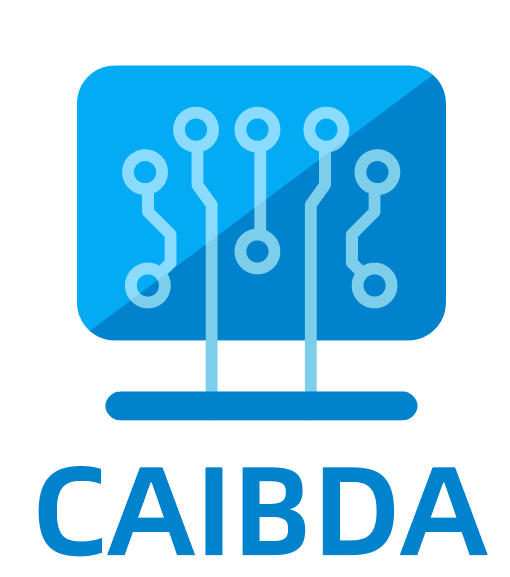
Biography:
Dr. Xinli Huang is currently a Full Professor with the School of Computer Science and Technology of East China Normal University (ECNU), Shanghai, China. He received his Ph.D. degree in Computer Science from the Department of Computer Science and Engineering of Shanghai Jiao Tong University (SJTU), Shanghai, China, 2007. In 2011, as a visiting scholar, he visited the Computer Science Department of University of Texas at San Antonio (UTSA), TX, USA. For the past few years, he has conducted research activities in a wide spectrum of hotspots in the fields of smart networking and computing. His current activities and research interests are also in the fields of Internet of Things, Edge Computing, Big Data Processing/Analysis and, in particular, their applications in real-world scenarios including urban intelligent computing and smart city. His research has been supported by multiple national- and provincial-funded scientific foundations, and multiple industrial grants from enterprises. Prof. Huang has published more than 40 journal and conference papers. He has served as program committee member or technical reviewer of numerous international journals and conferences.
Speech Title: AIoT technology and its applications in Urban Intelligent Computing and Smart City
Abstract:
AIoT integrates AI technology and IoT technology to generate massive data of different modes through the Internet of Things, and realizes the interconnection of all things with the help of networking, computing, big data analysis and artificial intelligence. The AIoT technologies are rapidly infiltrating into life and production. In this speech, we will report our research work on AIoT technologies and their applications in the field of urban intelligent computing, and focus on discussion of the applications and practices of our research results in the planning and construction of smart cities in super large cities such as Shanghai, mainly including two aspects: First, how to build, test and evaluate the new-generation metropolitan AIoT network as the digital infrastructure of smart city; Second, how to utilize the AIoT network to more effectively deal with the problems of refined urban management and precise urban governance in typical intelligent application scenarios.